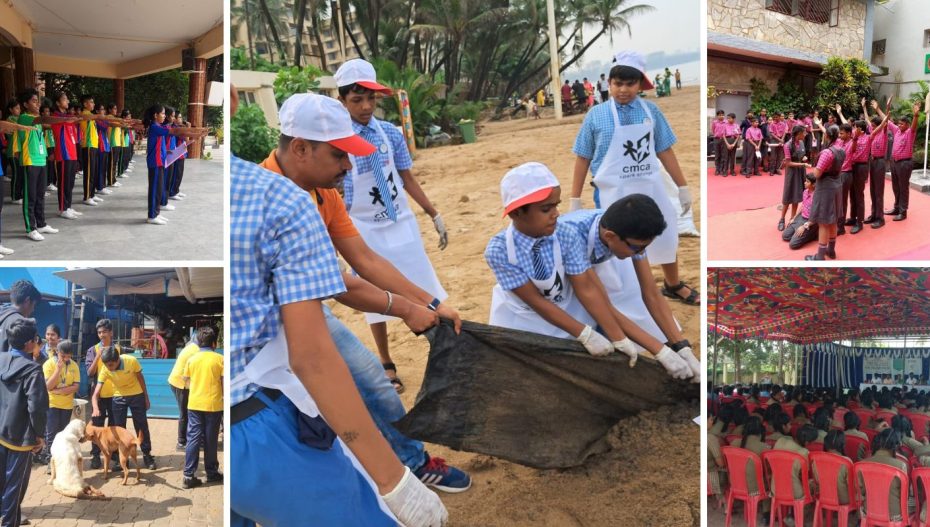Meghna spoke up courageously in front of the local authorities telling them that the roof of her village school leaked whenever it rained. Responding promptly, the Panchayat Development Officer approved repair work for the school roof.
When Nitesh saw that several public taps in his village were out of order, he decided to call the helpline number. Within a couple of days, workers arrived and fixed the issue bringing relief to the whole community.
Once Aparna noticed an injured kite with a broken wing near her house. She immediately called an NGO that rescues and rehabilitates urban wildlife. The rescue team promptly arrived and took the bird to their shelter.
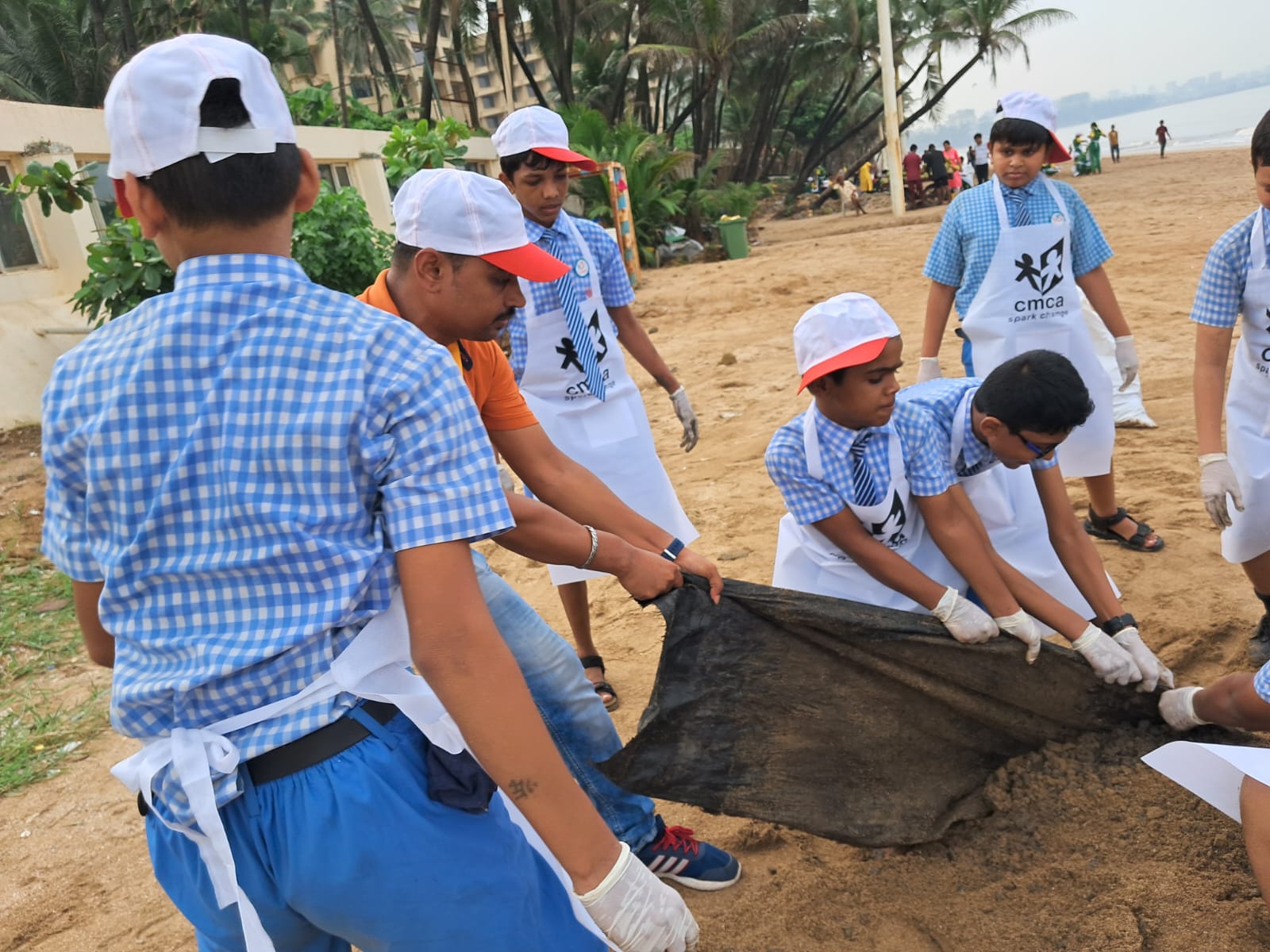
Ritu decided to celebrate her birthday in a special way by planting a sapling on her school campus. Her friends were inspired by her gesture and joined in the effort. Now, the girls are taking care of their plants together.
Meghna, Nitesh, Aparna and Ritu (names changed to maintain privacy) are among several thousand children who attend classes in their schools conducted by Children’s Movement for Civic Awareness (CMCA). A non-profit headquartered in Bengaluru, founded in 2000, CMCA is a pioneer in citizenship education in India.
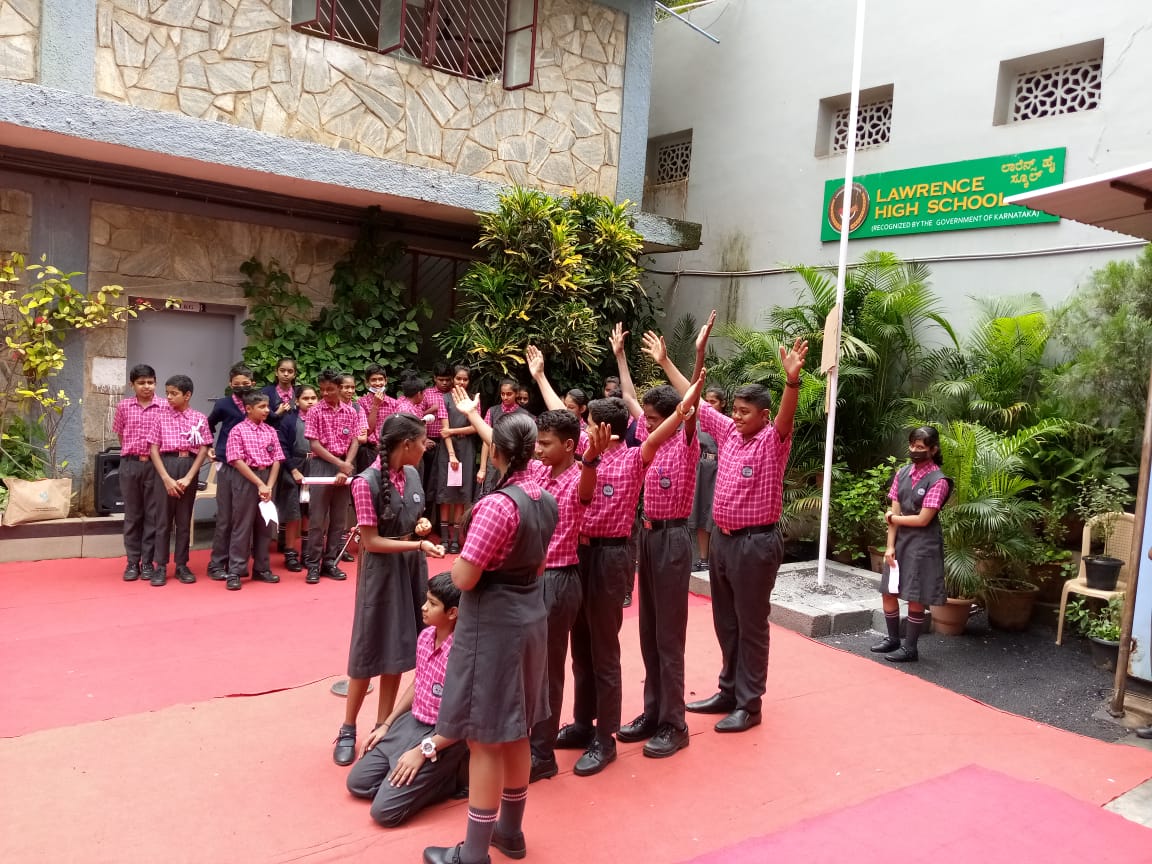
According to latest figures, it’s total reach is 1.5 lakh children and youth in 1500 institutions (schools and colleges). The organisation operates in 15 cities and 2,500 villages. CMCA functions extensively in Karnataka. It also has a significant presence in Maharashtra and Tamil Nadu and is making an impact in Rajasthan and Odisha as well.
The organisation is volunteer-driven and its network includes schools, colleges, government, donors and partners. It conducts citizenship and life skills programmes in schools, colleges, and rural libraries.
How it all began
“When we started, we went to schools and formed civic clubs. In some schools we had a CMCA period once a week. So, we interacted with children through the year. Initially, we dealt with simple, environment related issues like greening, power saving and managing garbage. Children conducted household surveys to understand these issues,” says Vrunda Bhaskar, founding National Coordinator of CMCA (2000 to 2011).
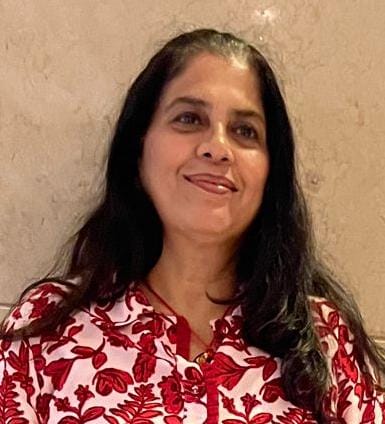
The modus operandi is educating children using storytelling, games and activities that makes it more enjoyable for them, explains Vrunda.
“For private schools we have to interact with each school. For government schools we get access through a collaboration with the state government. CMCA sessions in schools are taken by our volunteers, our educator-consultants or by social science teachers of the school trained by us. We have 12 to 22 classroom sessions for students of class 8 through the year,” says Priya Krishnamurthy, co-founder and CEO of CMCA.
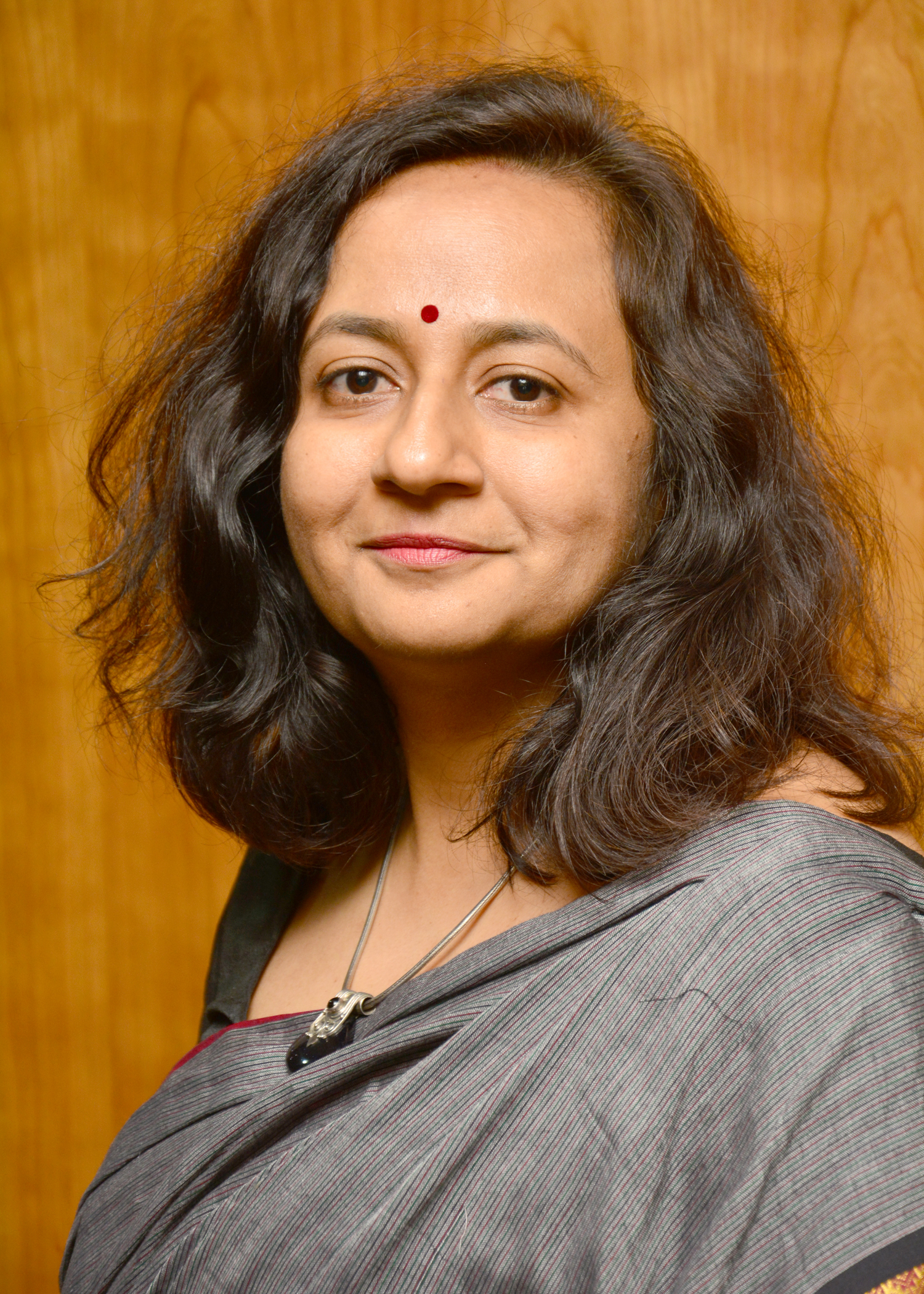
CMCA also conducts workshops for class 6 and 7 on simple issues like child rights like right to education, right to recreation and right to be heard. This way, they feel like citizens from a young age, she says. There are workshops for class 9 and 10 as well. “The reason we focus on class 8 students is because they face less academic pressure and are old enough to participate in our activities,” explains Priya.
There is an experiential aspect of ‘active citizenship’. The civics curriculum in textbooks is brought to life with activities. Children run awareness drives, discussions, school audits, field trips, make calls to civic agencies and interact with the local authorities.
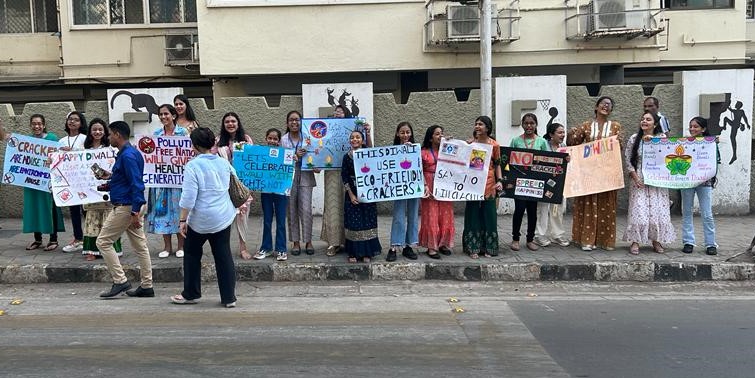
Citizenship values
CMCA’s enables and equips the children to:
- Imbibe democratic values
- Become aware of a citizen’s rights and duties
- Practise ‘active citizenship’ by standing up for one’s rights and that of others
- Cultivate scientific thinking, spirit of inquiry and reform
- Lead an ecologically sustainable lifestyle in harmony with nature
- Focus on health and hygiene
- Lead a life of personal integrity
- Value diversity and cherish our composite culture
- Practise equality and commitment to social justice
The life skills the children develop include critical thinking, problem solving, empathy, teamwork and collaboration, communication, confidence, assertiveness, self-awareness, self-regulation and resilience.
“We have to make as much impact we can in a short time. Schools and homes are rarely democratic. For instance, gender equality may not be prevalent in the children’s homes. At CMCA, we say we are ‘sowing the seeds’,” explains Vrunda.
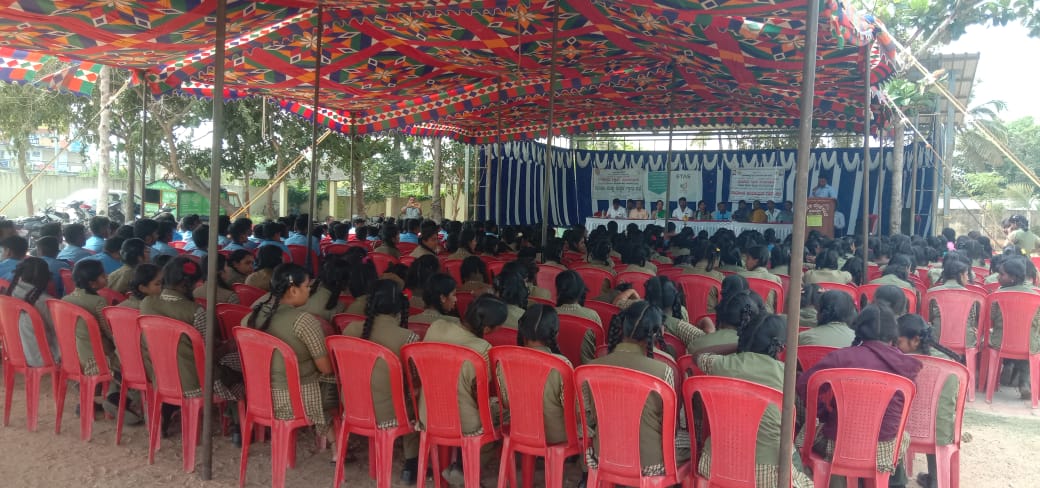
Democracy in action
One of CMCA’s most impactful interventions is the Makkala Grama Sabha (children’s gram sabha) where children participate actively in local governance and development. It is a Karnataka government initiative that CMCA has made more effective and meaningful for children. “This is a case of democracy in action. It is amazing the kinds of questions the children ask. And, they are so confident speaking up before the local government authorities,” says Priya.
How are values of Diversity, Equity, Inclusion and Justice inculcated in children? “We have a democratic style of conducting our classes. You can’t teach democracy in an autocratic environment! Children work in groups and there is a lot of peer learning. Through storytelling we make children aware of the need for inclusion and affirmative action like reservation. We do a ‘gender in a box’ activity where myths and gender stereotypes are busted. Children, particularly boys, listen and observe and develop a degree of gender sensitivity,” she elaborates.
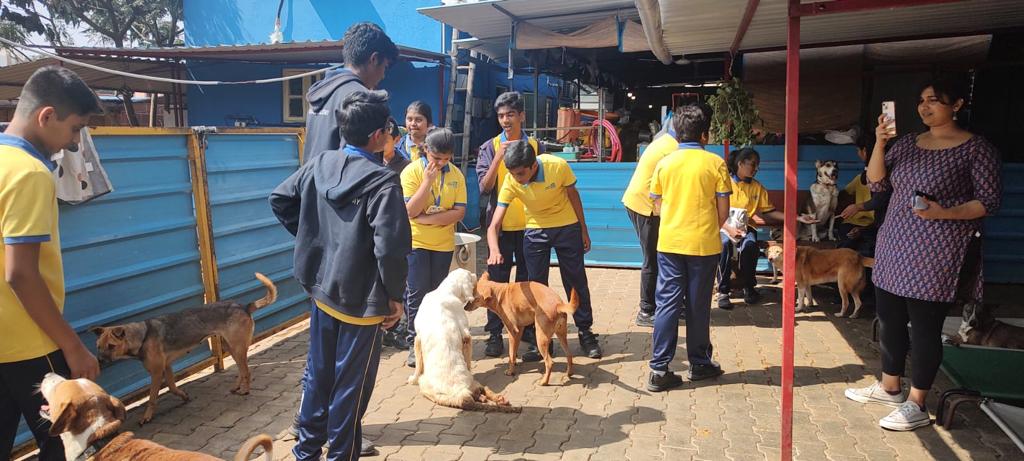
Two other impactful programmes are ‘My Library for A Better Me’ and ‘Magic Box’. “The library programme started as a Covid response programme and has garnered a lot of goodwill in villages. Children come to the rural libraries and collect activities form the CMCA mentor. They are given both self-improvement and citizenship activities,” explains Priya.
Magic box is a teacher-led programme for 6 to 9-year-olds. CMCA wants state government schools to implement it. Learning cards and interesting props like sock puppets and party hats make the 10-minute activity very enjoyable for both children and teachers. It promotes Social and Emotional Learning (SEL), she says.
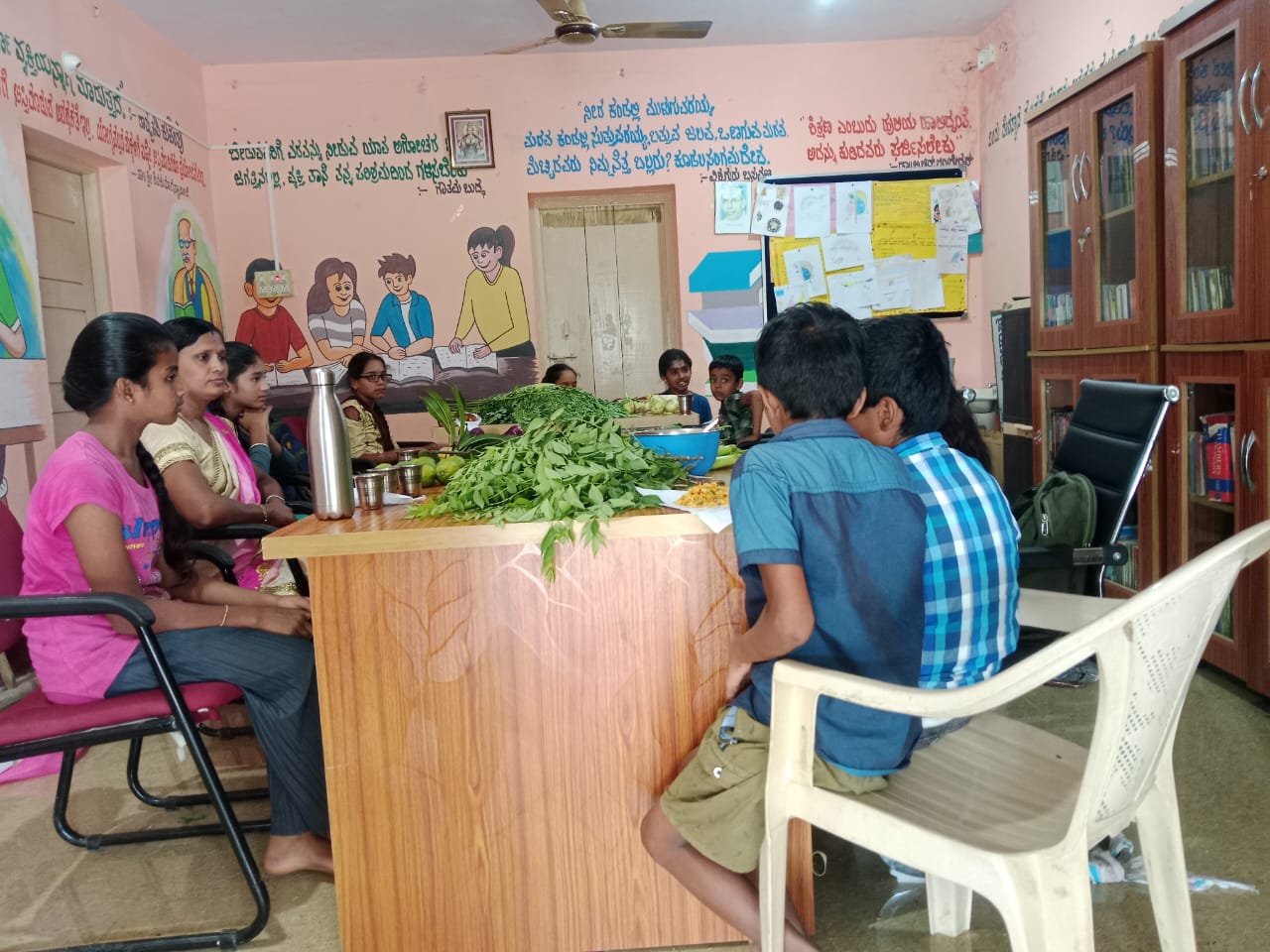
What children say
“CMCA online workshops (during Covid) taught me about personal integrity and my responsibilities as a citizen. I also learnt how to be a better human being and to make the right choices,” says Shilpa, a student from Mumbai.
“A lot has changed in me since I started coming to the library and taking part in CMCA’s activities. Now I speak without hesitation and I am developing my leadership skills. I love the activities. I learn something new every week,” says Cheluva from Karnataka.
“Without the Makkala Grama Sabha we wouldn’t have a platform to raise our concerns with the authorities. Through the sabha, we are able to make recommendations that benefit not only us but the future generations too,” says Bhoomika from a village in Karnataka.
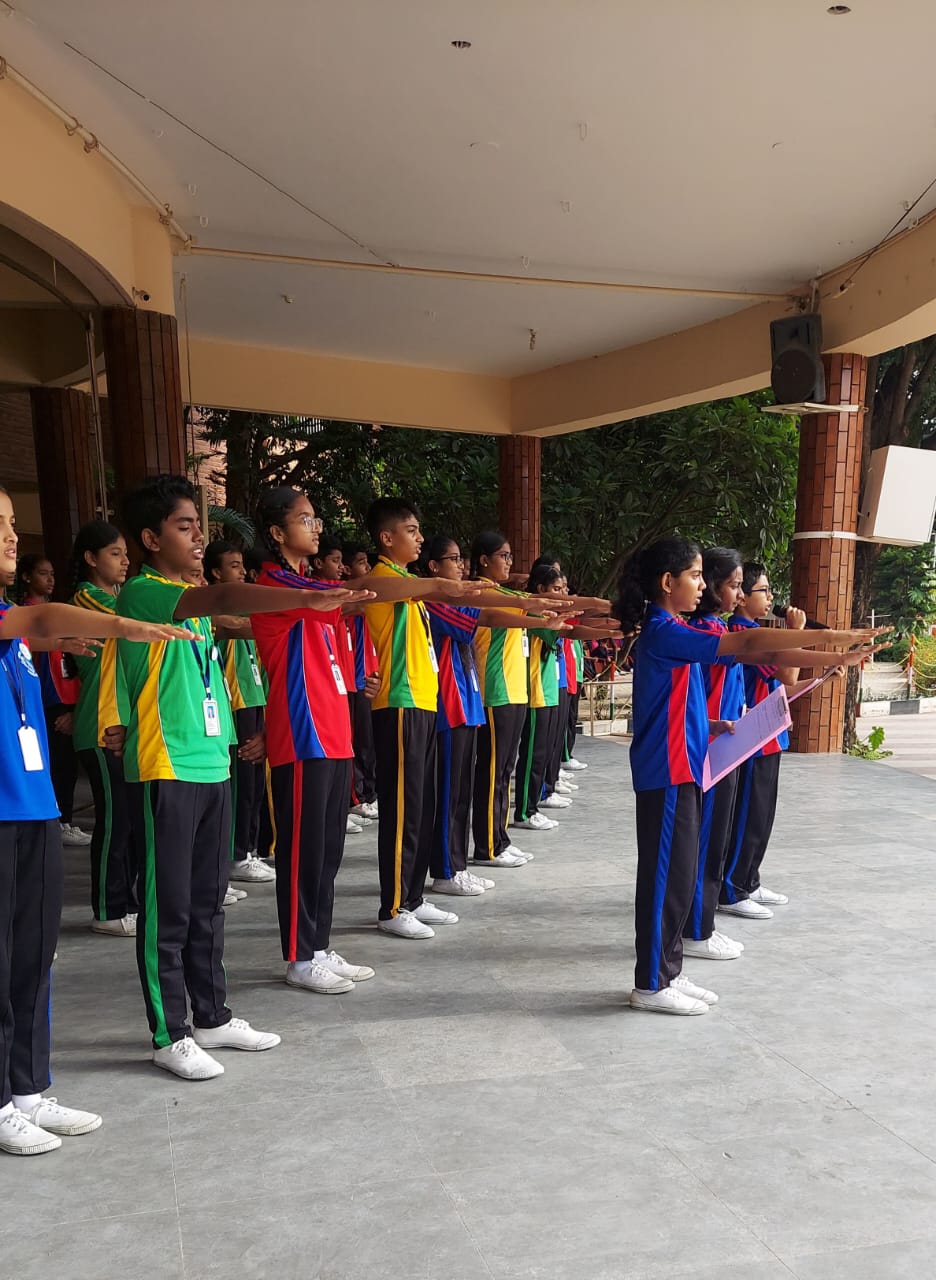
“CMCA sessions have motivated my classmates and me a lot. I feel free to share my views and ask questions. Thanks to CMCA classes, I’ve stopped littering and I always dispose of and segregate waste in the appropriate garbage bins. I am very proud to be a CMCA student,” says Amrutha from Tamil Nadu.
“CMCA’s story videos were amazing! They have made us think differently and taught us so much. For example, about our duties as citizens of our nation, about the meaning of equality and how men and women should be treated equally,” says Syeda from Bengaluru.
Future plans? “We want to involve local communities to sustain interventions. We also plan to achieve mindful scale through innovations, partnerships and leveraging technology. The plan is to grown in other states through partnership with like-minded organisations,” says Priya.
Also Read: More Than Just Parades: Difference Between India’s Independence and Republic Days


